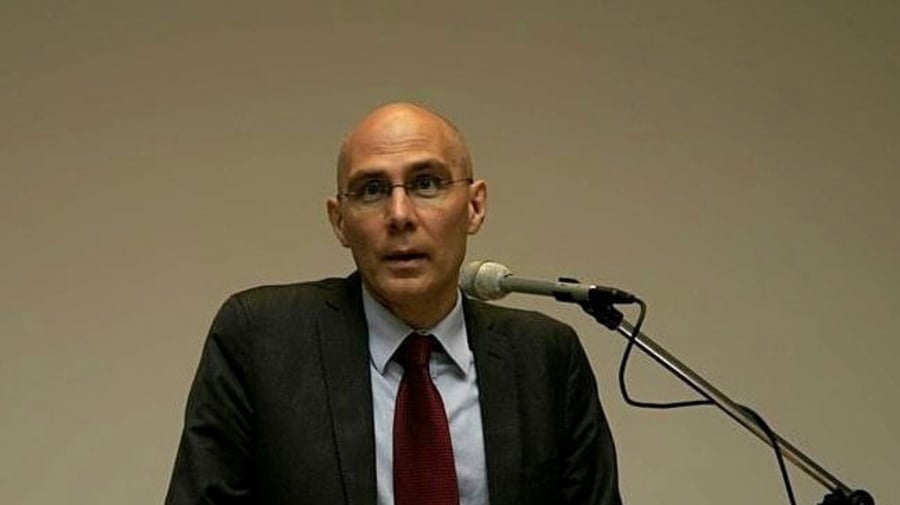Top UNHCR official spotlights difficulties faced by LGBTI refugees
Top UNHCR official spotlights difficulties faced by LGBTI refugees

Volker Turk, director of the UNHCR division of International Protection, spoke in Geneva on LGBTIs and protection.© UNHCR/Darri Gepilano
GENEVA, September 20 (UNHCR) – Lesbians, gays, bisexuals, transgenders and intersex people who flee overseas to escape persecution in their home countries face a wide range of threats, risks and vulnerabilities while on the run and after reaching a country of asylum, a top UNHCR protection official said in Geneva on Thursday.
"The persecution they flee from is at times repeated in the country of asylum and also within refugee communities, making it difficult for them to access community support networks and humanitarian services," Volker Türk, UNHCR's director of international protection, told delegates at a symposium on the protection of lesbian, gay, bisexual, transgender or intersex (LGBTI) refugees and asylum-seekers.
Türk, speaking at the opening of the two-day meeting organized by the Hebrew Immigrant Aid Society (HIAS), said LGBTI individuals often faced disproportionate discrimination, prejudice and violence and were frequently treated unfairly during asylum procedures.
He noted that even those responsible for providing protection and assistance might not always fully appreciate the challenges that LGBTI refugees and asylum-seekers face, but he added that there was greater awareness within the human rights and humanitarian community about the protection concerns of LGBTI refugees and asylum-seekers.
He also noted legal developments, highlighting the 2007 Yogyakarta Principles, which were intended to clearly define the obligations of states to respect, protect and fulfil the human rights of all people regardless of their sexual orientation or gender identity.
Türk outlined how UNHCR has intensified its efforts to improve the protection of LGBTI individuals so that they can enjoy their rights on an equal footing as other refugees and asylum-seekers. In doing so, the organization works closely with UNHCR staff, implementing partners, civil society, governments and experts specializing in this field.
"Partnership is key," he stressed. "We need to use all the tools at our disposal in close partnership and send a strong and unambiguous message that any form of discrimination or violence is not permissable," he added.
"We are making progress," the UNHCR official concluded. "This is encouraging but much work lies ahead of us," Türk stressed.
The symposium, entitled "Invisible in the City: Urban Protection Gaps Facing Sexual Minorities Fleeing Persecution" is based around key findings and recommendations resulting from a year-long study by close UNHCR partner, HIAS, of the social, psychosocial, political and legal barriers experienced by sexual minority refugees in several urban areas.
"Ensuring Protection to LGBTI Persons of Concern", Keynote Address by Volker Türk, Director of International Protection, HIAS LGBTI Symposium Geneva, 20-21 September 2012




